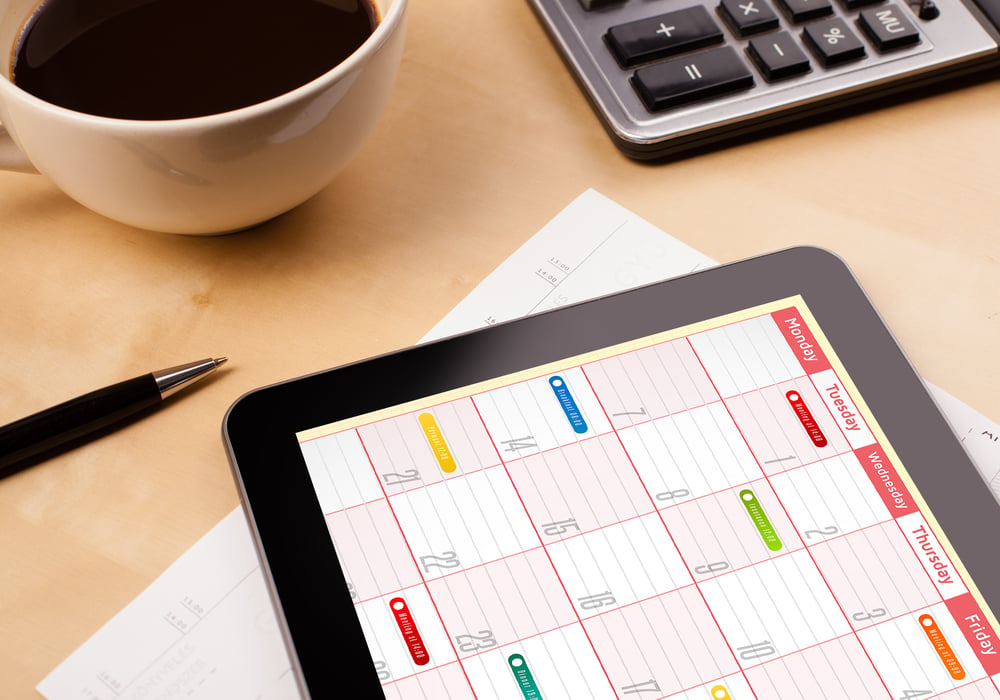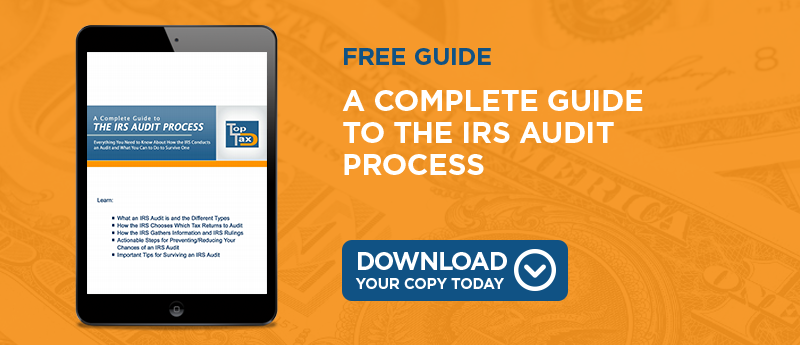

1. All payment plans must fulfill debt within 10 years.
No matter how large your tax debt is the IRS will require you to pay it off in a maximum of 10 years. Since the agency allows you to choose your own monthly payment amount you will have to select an amount that will pay off your debt in that 10-year window. If you don't think you'll be able to pay off your balance within 10 years, you might want to consider putting some of the balance on a low-interest credit card and then using the installment plan to pay off the remainder.
2. You'll need to meet a few requirements.
Even though the IRS offers installment plans to almost all taxpayers there are still a few conditions that you must satisfy to have your request approved. Within the last five years, you must have filed all of your income tax returns on time and paid the entire balance due (if there was any). You must also not have requested a payment plan within the last five years. You must also make it clear that you cannot reasonably pay your debt in full right now.
3. Your installment plan will carry a few fees and penalties.
While it's easy to apply for an IRS payment plan, you will have to agree to pay a few fines and charges during the plan period. The IRS charges a small fee simply to set up the installment agreement, so your account will accrue an additional charge immediately. It's also important to remember that, even though you're making payments on your balance, your debt is still technically past-due. This means that your account will continue to incur penalties and interest, which could cause your balance to grow.
4. The IRS will require additional information if your debt exceeds $50,000.
For larger tax balances, the IRS will require that you submit additional details about your current financial situation to prove that you are unable to remit the full balance. You'll also need to use IRS Form 9465-FS to apply for your installment plan.
Owing a large tax balance to the IRS can be rather stressful. However, if you learn the basics of IRS payment plans you'll be able to use this program to clear up your account easily.



